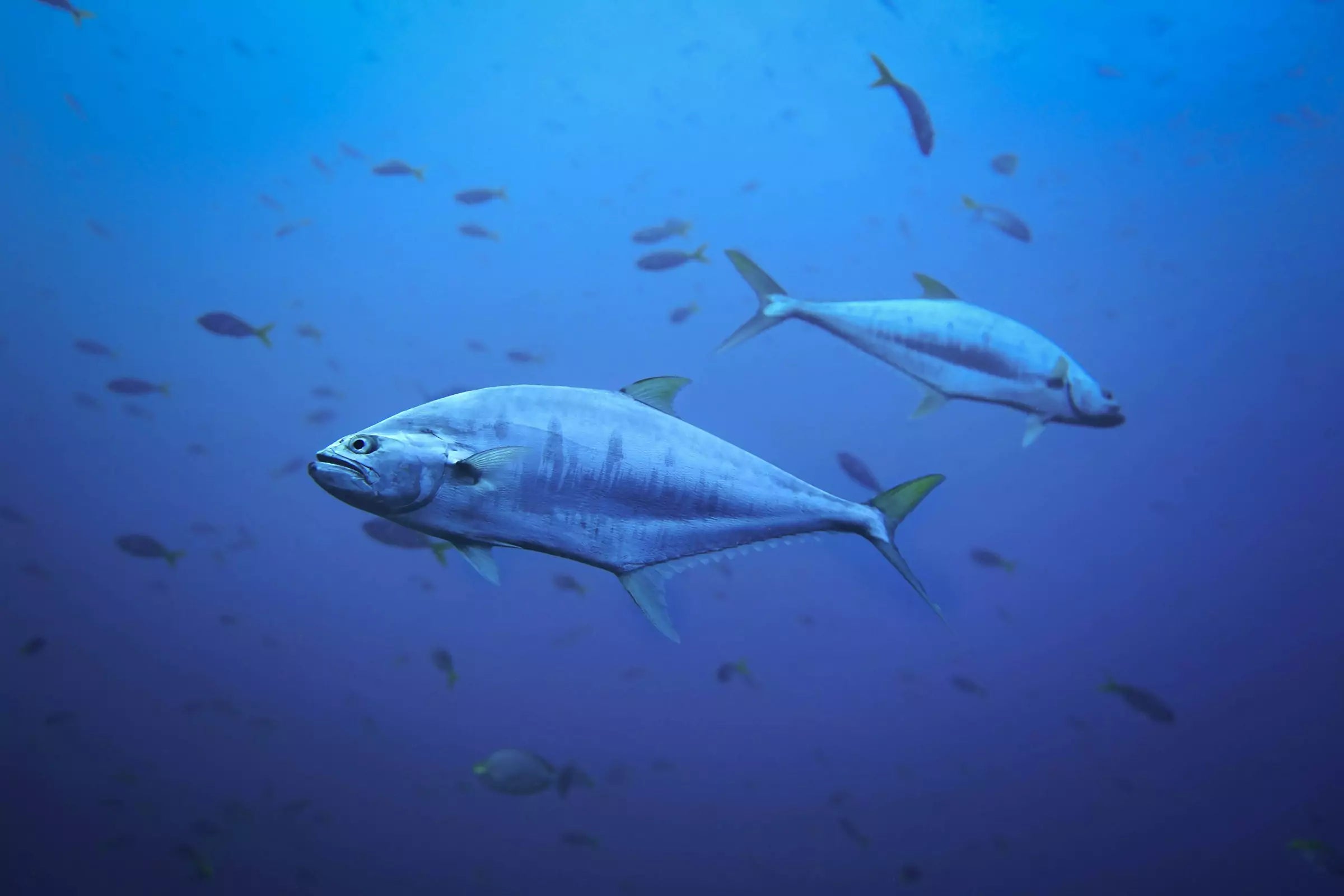Can Dogs Eat Tuna?
Many dog owners wonder if it’s okay to share a bit of their tuna with their pup—after all, it’s full of protein and omega-3 fatty acids. But can dogs eat tuna safely? The short answer: yes, in moderation. While tuna can offer health benefits, it also comes with some risks, particularly due to mercury content. Here’s a full guide to help you decide when and how to include tuna in your dog’s diet.
Jump to:
- Is Tuna Safe for Dogs?
- Health Benefits of Tuna for Dogs
- The Risk of Mercury in Tuna
- How Much Tuna Can Dogs Eat?
- What Type of Tuna Is Best?
- Can Puppies Eat Tuna?
- FAQs
Is Tuna Safe for Dogs?
Yes, tuna is safe for dogs to eat in small amounts. It's not toxic, but it should be served as an occasional treat rather than a regular part of your dog’s diet. The main concern is mercury, which builds up in larger fish like tuna over time.
Health Benefits of Tuna for Dogs

In moderation, tuna offers several health benefits for dogs:
- High-quality protein: Supports lean muscle maintenance and repair.
- Omega-3 fatty acids: Promote healthy skin and coat, reduce inflammation, and support brain function.
- Vitamins and minerals: Tuna contains B vitamins, selenium, magnesium, and potassium.
The Risk of Mercury in Tuna
Tuna, especially large species like albacore, can contain higher levels of mercury—a heavy metal that accumulates in fish tissue and can cause neurological issues in both humans and dogs if consumed excessively. Mercury toxicity in dogs may lead to symptoms like tremors, vision loss, kidney damage, and poor coordination.
How Much Tuna Can Dogs Eat?

Small portions are key. As a general rule:
- Small dogs: 1 tablespoon of tuna (once a week or less)
- Medium to large dogs: 1–2 tablespoons of tuna (once a week or less)
Tuna should never be your dog’s main protein source. It’s best used as a treat or topper, not a staple.
What Type of Tuna Is Best?
When giving tuna to your dog, choose:
- Tuna in water: Avoid tuna packed in oil, as the added fat isn’t healthy for dogs.
- Low-sodium tuna: Salt can be harmful to dogs in large quantities.
- Cooked or canned: Raw tuna can carry parasites—always serve cooked or canned varieties.
Avoid: Flavoured tuna (e.g., tuna with lemon or spices), tuna mixed with onions, garlic, or mayonnaise.
Can Puppies Eat Tuna?
It’s best to avoid tuna for puppies. Their smaller bodies are more susceptible to mercury, and their developing digestive systems may struggle with rich, oily fish. If you want to offer a fish-based treat, go for safer options like sardines or salmon (boneless and plain).
FAQs
Can dogs eat raw tuna?
It’s not recommended. Raw tuna can carry parasites and bacteria that may cause illness. Always cook tuna or choose a safe canned variety.
Can dogs eat tuna with mayo?
No. Mayo is high in fat and contains ingredients that could upset your dog’s stomach. Stick to plain tuna in water.
What’s a safer fish alternative to tuna?
Salmon, sardines, and whitefish are excellent alternatives. They offer omega-3s without the high mercury risk found in tuna.
Can dogs eat tuna every day?
No. Due to the risk of mercury buildup, tuna should be an occasional treat—not a daily meal.
Is tuna dog food safe?
Yes, if it's formulated by reputable brands. Tuna-based dog foods are typically balanced with other ingredients to keep mercury levels low and nutrition high. Check the label and serve as directed.















Share:
Which Is the Healthiest Meat for Dogs?
How Hot Is Too Hot for a Dog's Paws?